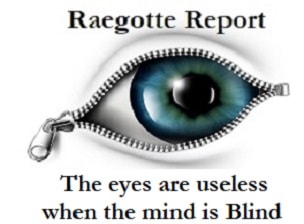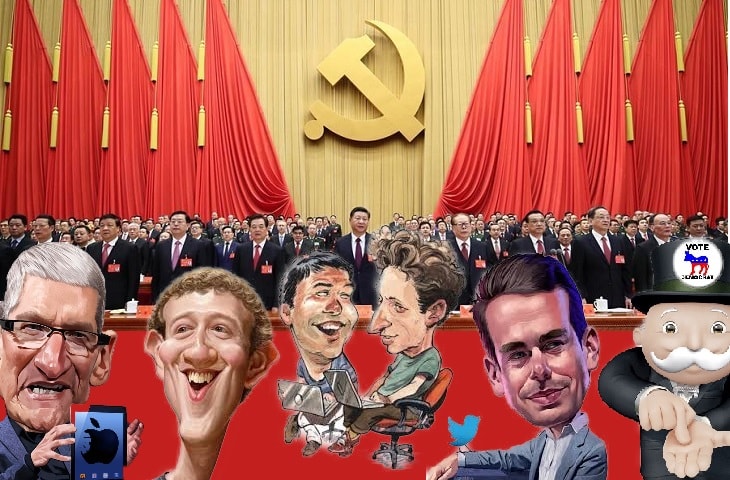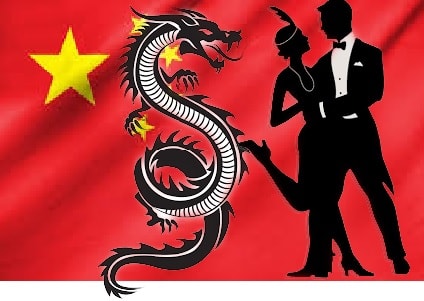Former Florida congressman Cliff Stearns once spearheaded Congress's response to the risks that plague the nation's information infrastructure, using his influence to warn Americans about the "increased possibility of a devastating cyberattack." Now, he is among the growing number of former U.S. cyber and national security officials who have worked for a Chinese tech giant widely seen as the leading cybersecurity threat in the world.
Huawei, China's leading provider of 5G infrastructure, claims to be a private company that is independent from the Chinese government. But intelligence officials across the globe believe that the company can serve as a conduit for Chinese espionage, which has prompted American allies such as the United Kingdom, Germany, and Australia to restrict or prohibit the firm from operating within their borders. In the United States, Huawei was indicted in January 2019 and American companies were prohibited from doing business with the firm.
In response, Huawei has launched a two-pronged, multimillion-dollar offensive to assuage the concerns of policymakers and the public, hiring an army of D.C. insiders like Stearns, whose work with Huawei spanned from 2014 to 2018, to convince Congress and the White House to relax sanctions and pouring more than $1 million into advertorials in major outlets, including the New York Times.
Experts say that existing laws prohibit Huawei employees and lobbyists from divulging explicitly classified information to their employers. But Scott Amey, general counsel at the Project on Government Oversight, warned that companies like Huawei hire former officials explicitly because they offer unparalleled access to stakeholders and information.
"Hiring former senior officials as lobbyists provides access to decision-makers and information—two things that go a long way in navigating swampy government agencies and getting results that benefit their clients," Amey said. "Huawei is spending millions each quarter to protect business opportunities here, and influence peddlers are more than happy to cash in."
Huawei did not respond to a request for comment. Full Story - Yuichiro Kakutani - Free Beacon
Security Questions Cloud Huawei’s Role in Private 5G Networks
The Chinese company’s gear is deeply embedded in everything from Heathrow Airport to Norway’s oil platforms.
More than a year ago, the U.S. asked its allies to ban equipment manufactured by China’s Huawei Technologies Co. because of American concerns about the company’s ties to the Chinese Communist Party. But European governments are still pushing back, saying there’s a safe way to work with the world’s biggest communications equipment supplier.
Italy and Germany are reinforcing security testing and approvals for new equipment to allay fears that Beijing could use Huawei systems for intellectual-property theft, spying, or sabotage. But neither country has banned Huawei gear, nor has France. And the U.K. has taken a different tack, effectively capping the Shenzhen-based vendor’s market share and excluding it from the most sensitive parts of its national mobile networks.
No one, however, has yet figured out what to do about Huawei’s role in the patchwork of smaller private communication networks that underpin everything from oilfields and airports to sea terminals and municipal governments, or how best to protect critical operations run over national networks. Britain’s emergency services network, run by BT Group Plc, is set to rely on antennas from Huawei, as well as those from Finland’s Nokia Oyj, to connect police, health, and fire services. Full Story - Thomas Seal - Bloomberg Businessweek
Big Tech’s Toadying to Chinese Communists Demands Action
The world is finally waking up to China’s bad behavior. Will Big Tech?
For years, tech companies like Apple have outsourced their manufacturing to China—and, increasingly, bent the knee to Chinese demands. Apple, in particular, has a troubling pattern of acquiescing to China’s commands on things like privacy and data storage. Even Apple’s encryption keys—which unlock the data of millions of users—are stored in China.
WHO, International Bodies Must Be Purged of Chinese Communist Influence
Red China is Buying International Groups
It is very good that President Donald Trump called out the World Health Organization (WHO) for being “China-centric” and threatened to withhold funding, but we should be demanding specific measures to purge it of Chinese influence, beginning with a list of mandatory resignations topped by Director-General Tedros Adhanom Ghebreyesus. Read More
Get ready for the Warring Twenties
Covid-19 pandemic that spread globally from Wuhan has exposed China's 'peaceful' rise for what it really is
The world’s China delusion is over. For three decades, the global elite has assured us that China’s rise to great-power status was “peaceful.” But great powers rarely rise peacefully, and Communist China has hardly been the exception. What China did was mete out its aggression carefully enough to give our elite plausible deniability, then bought their silence. Read More


